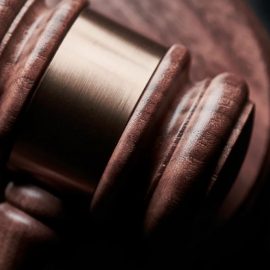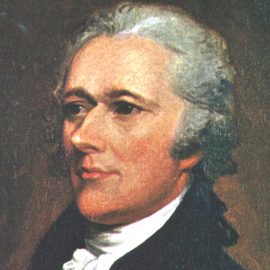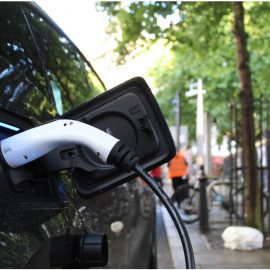

This article is an excerpt from the Shortform book guide to "The 1619 Project" by Nikole Hannah-Jones. Shortform has the world's best summaries and analyses of books you should be reading.
Like this article? Sign up for a free trial here .
Why don’t rich people pay taxes? Is the American taxation regressive or progressive?
In the U.S., most of the tax burden is borne by low- and middle-income earners. The reason for this is that American taxation is regressive, pulling the bulk of public funds from taxes that come from regular families while a large portion of American wealth remains in the pockets of the ultra-wealthy.
Here’s why the ultra-rich pay less in taxes.
How the American Taxation System Benefits the Rich
Why don’t rich people pay taxes? Regressive taxation is the reason the wealthiest people and corporations can avoid paying their fair share of taxes, so the bulk of public funds is pulled from the pockets of modest families and amounts to a relatively small sum compared to the total wealth in America (most of which remains in the pockets of the wealthiest 1%).
The authors continue to explain that progressive taxation and higher income tax for the wealthy would dissolve some of the maladies America faces. This would provide the nation with more funding to spend on public programs that would help low-income families gain opportunities and resources, ultimately minimizing economic inequality.
How Consumer Taxation Targets Average Families
The authors of The 1619 Project state that American taxation is regressive because it’s hidden in consumerism, but they don’t explicitly explain why this makes it regressive. In Basic Economics, Thomas Sowell fills this gap by explaining that consumer taxes unfairly target the middle class while allowing the ultra-wealthy to avoid paying their fair share. He explains that while wealthy people tend to have a large percentage of their wealth in investments (which often go untaxed or taxed very little), average Americans (poor to moderately wealthy) spend a much higher percentage of their income on consumer goods.
And while the debate continues on whether the US Tax Code is progressive or regressive, consumer taxes (also called excise taxes) are undisputedly regressive—they take a much higher percentage of income from lower classes than higher classes. This is because they’re applied uniformly regardless of income. For example, imagine that two people buy the same product, but one person has 100 dollars and the other has 200 dollars. If the product costs 50 dollars with a 10% tax, the total cost will end up being 55 dollars. While this is 27.5% of the wealthier person’s sum, it’s a whopping 55% of the poorer person’s. So while the two people bought the same product and paid the same tax, the poorer person suffered a much greater loss.

———End of Preview———
Like what you just read? Read the rest of the world's best book summary and analysis of Nikole Hannah-Jones's "The 1619 Project" at Shortform .
Here's what you'll find in our full The 1619 Project summary :
- A reframing of American history with the institution of slavery at its core
- How democracy as we know it today was largely built by enslaved Blacks
- The racist institutions that persist today that originated from slavery






